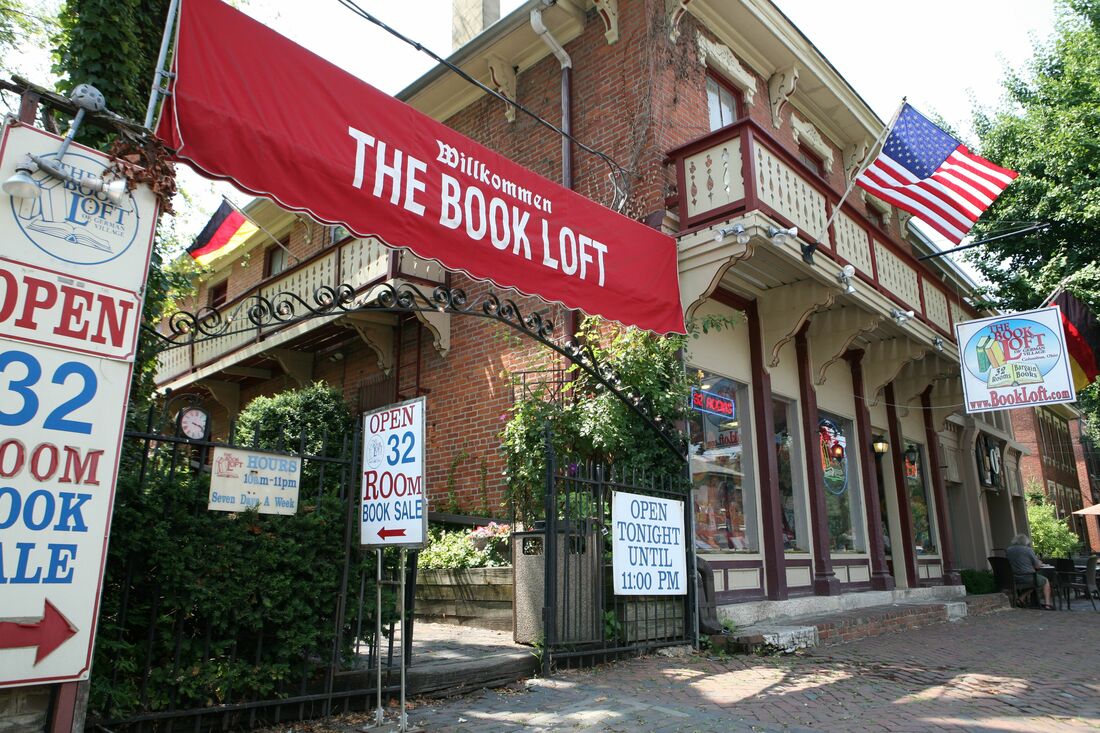|
Last Friday morning I experienced a really satisfying positive transference.
With a Sears dishwasher repair man. Who, even though he issued the death warrant for my 4-year-old dishwasher and declared my recently recalcitrant oven permanently disabled, shared with me a portion of cosmic wisdom that was well worth the $75 I had to pay to hear that I have two shot kitchen appliances. I'll remember what he told me and I'll pass it on to others from now until the day when I reach the same fate as my dishwasher did last Friday. What this sage repairman, grey-haired and bearing the physical indications of his many years on this planet - what I mean is that he was kind of an old guy - told me as he kneeled on the floor and screwed back together my machine's too-soon defunct electrical panel was this: Never buy high end. He said that no matter what you pay for a dishwasher, every dishwasher does the same thing: it fills with water. It throws water around. It drains the water. It dries the dishes. "That's all any dishwasher does," he said. "Believe me." Then he went on to point out that it was the same with an oven. Every oven does two things. It bakes and it broils. No matter what you pay for it. This advice was so simple, so logical, so obvious, and yet so earth-shaking. But there was more to come. "This Maytag you've got here?" he said, flicking his finger against the door of my deceased dishwasher, "Exact same parts as a Whirlpool. Most of 'em use the same parts as Whirlpool. Even the high end dishwashers. Me, I always buy Whirlpool." "Wow," was the only response I could come up with. I wondered what people thought they were getting with a more expensive brand. His answer was that people who who buy top-of the line dishwashers generally buy them because they're so quiet. He said that quiet is what people tend to value most in a dishwasher, and that people will pay top-dollar for the quietest dishwasher they can get. "But," he said, "you know how they get those dishwashers so quiet? They put little tiny motors in them. So they get a real weak water spray that doesn't make much noise. But it also doesn't clean the dishes very well, which is why these real quiet expensive dishwashers take two hours to run their cycle." I thought of the several people I know who have quiet dishwashers that run for hours and who complain that their dishwashers don't clean very well. "Oh, wow," I said. He continued, "They think the dishwasher's running so long because it's sanitizing their dishes." He made a sound of distain. "None of those dishwashers sanitize! Dishes are sanitized at 212 degrees! No home has a water temperature of 212 degrees! Only commercial dishwashers in restaurants sanitize dishes." "But what about the "sanitize" button on the dishwasher?" I asked him. "Means nothing. The water in your dishwasher only gets as hot as what you've got your home water heater set at. The hotter you keep your water, the better your dishwasher will work." I asked him about the importance of the soap. "It's really all in the water," he replied. "You could run dishes all day long in cold water and they wouldn't get clean no matter how much soap you put in. The soap doesn't do all that much. Do you think restaurants use soap in their machines?" "No?" I guessed. "At 212 degrees they don't need any. He patted my dishwasher. "These don't even need much soap." I asked him if he was saying, then, that I should buy the cheapest dishwasher out there. "No, not the cheapest." He opened my dishwasher's door, reached in, and spun around the sprayer attached to the top of the machine. "The cheapest machines don't have this top sprayer so the dishes on your top rack won't get as clean. Your mid-line machines have the top sprayer. Always buy mid-line." "With everything?" I asked. "Look, he said, you spend $1,000 dollars each for a top-of-the line washer and dryer you'll get fifteen buttons on each machine and you'll only use one or two. You'll spend $1,000 dollars for 13 buttons you don't need, and the more buttons you have, that's just more parts that can break. Oven's the same thing. So's the dishwasher. Buy mid-line and you'll do fine." But I had one more question for him: Don't more expensive appliances last longer? "When I first started fixing 'em, appliances lasted 30 years," he huffed. "Now none of 'em last more than 8 years, whatever you pay for them. So after 8 years you'll feel a lot worse throwing out a $2,000 appliance than one you paid $500 for." "Wow," I said yet again. "But," he sighed, "people don't want to hear it." But I did. And the next day when I went back to Sears (with a coupon that he gave me for $65 off a dishwasher) I felt confident, empowered, and in possession of the keys to the dishwasher-buying kingdom. But alas, it turned out that there was one piece of critical dishwasher advice that my dishwasher guru neglected to give me. And so I could not have possibly known, as I strode into the Sears appliance department, that I was on the brink of making a disastrous dishwasher decision. To be continued...
2 Comments
Romaine
7/17/2014 03:33:11 am
Interesting and good to know - wondering about energy efficiency - which you get with higher end models.
Reply
Patti
7/17/2014 07:05:47 am
Actually, I will end up touching on that subject next tomorrow. So hand in there 'til then! 8)
Reply
Leave a Reply. |
"Tropical Depression"
by Patti Liszkay Buy it on Amazon: https://www.amazon.com/dp/B0BTPN7NYY "Equal And Opposite Reactions"
by Patti Liszkay Buy it on Amazon: http://amzn.to/2xvcgRa or from The Book Loft of German Village, Columbus, Ohio Or check it out at the Columbus Metropolitan Library
Archives
July 2024
I am a traveler just visiting this planet and reporting various and sundry observations,
hopefully of interest to my fellow travelers. Categories |






 RSS Feed
RSS Feed